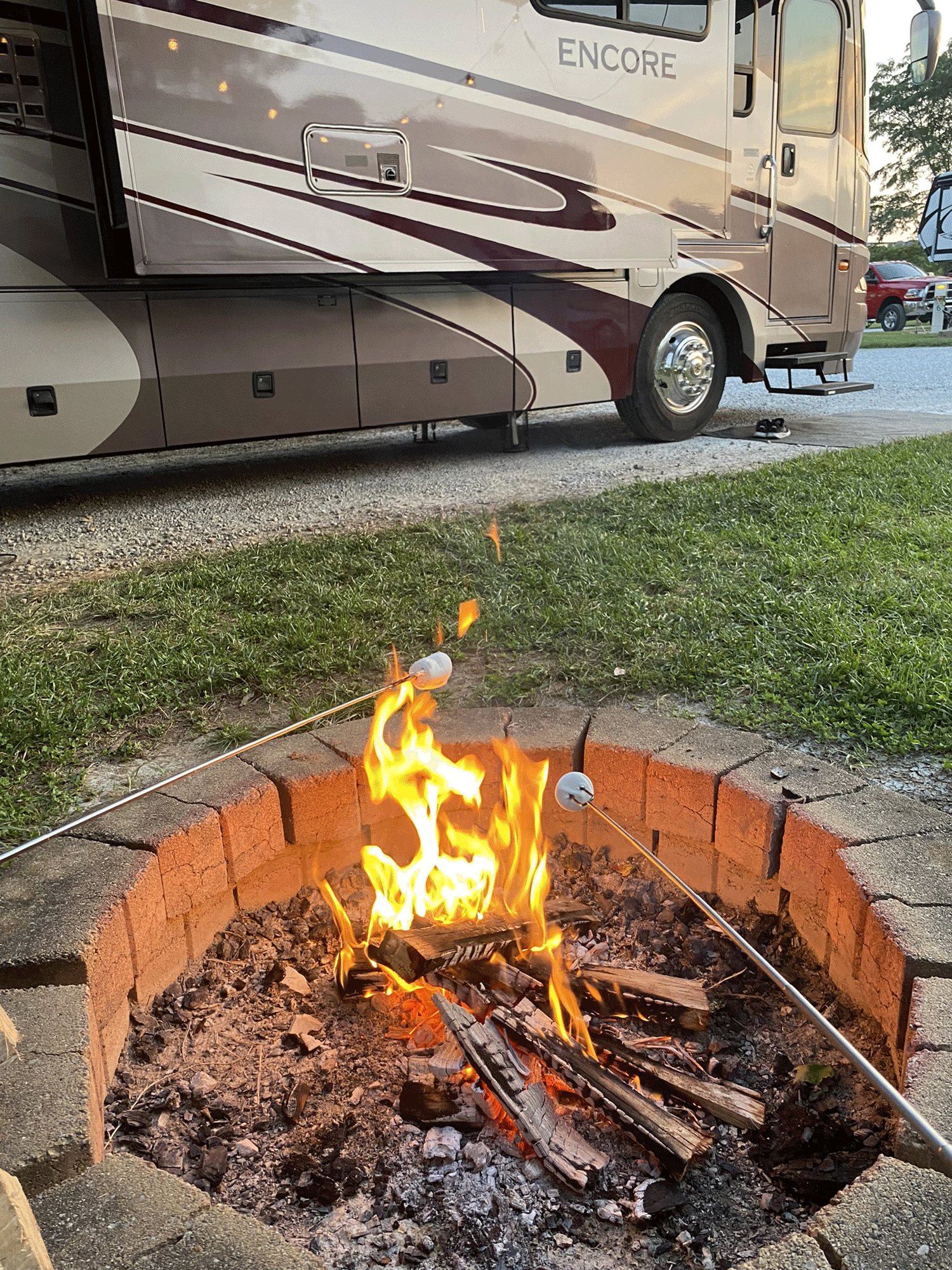Camping etiquette is essential for ensuring that you, your fellow campers, and the natural environment all have a positive experience. Here are some important camping etiquette guidelines to follow:
- Respect Quiet Hours: Most campgrounds have designated quiet hours during which noise should be kept to a minimum. Respect these hours to allow everyone a peaceful night’s sleep.
- Keep Noise Levels Down: Even outside of quiet hours, keep noise levels to a minimum. Voices, music, and other loud activities can disturb fellow campers and disrupt the tranquility of the outdoors.
- Campsite Boundaries: Respect the boundaries of your campsite and do not encroach on neighboring sites. Give other campers their space and privacy.
- Leave No Trace: Follow the Leave No Trace principles, which include packing out all trash and waste, leaving natural and cultural features undisturbed, and minimizing your impact on the environment.
- Campfire Etiquette: If fires are allowed, use established fire rings or designated fire areas. Never leave a fire unattended, and fully extinguish it before leaving your campsite. Also, be mindful of firewood collection rules, as some areas may have restrictions to protect the local ecosystem.
- Respect Wildlife: Observe wildlife from a distance and do not feed them. Feeding wildlife can disrupt their natural behaviors and create safety risks for both humans and animals.
- Keep Pets Under Control: If you bring pets, keep them on a leash and clean up after them. Ensure that your pet’s presence doesn’t disturb other campers or local wildlife.
- Use Headlamps and Flashlights at Night: When walking around your campsite at night, use low-intensity lighting like headlamps or flashlights to avoid disturbing other campers’ night vision.
- Be Mindful of Generators: If you have a generator, use it sparingly and only during allowable hours. The noise from generators can be disruptive to others.
- Respect Campground Rules: Familiarize yourself with the specific rules and regulations of the campground you are visiting, as they may have unique guidelines in place.
- Share Facilities: Campground facilities like restrooms, showers, and water sources are shared resources. Be considerate of others and keep these areas clean.
- Pack In, Pack Out: Take all your gear, trash, and belongings with you when you leave. Leave your campsite in the same or better condition than you found it.
- Be Friendly and Considerate: Engage with fellow campers in a friendly and respectful manner. Camping can be a social experience, so be open to meeting new people and sharing experiences.
- Follow Fire Restrictions: Pay attention to any fire restrictions or bans in the area you are camping. These rules are in place to prevent wildfires and should be strictly adhered to.
- Educate Yourself: Before camping in a specific area, research local regulations, wildlife behavior, and any potential hazards to ensure a safe and responsible experience.
By following these camping etiquette guidelines, you can help create a positive camping experience for yourself and others while also preserving the natural beauty of the outdoors. Remember that responsible camping not only benefits the environment but also enhances the enjoyment of all who share the camping area.
Regenerate

